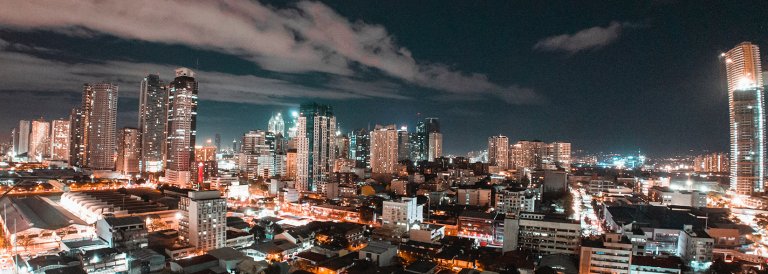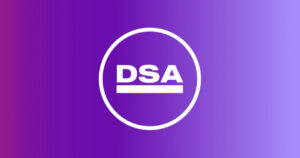 Philippines Introduces Cryptocurrency Regulatory Framework Aimed at Investor Protection
Philippines Introduces Cryptocurrency Regulatory Framework Aimed at Investor Protection Philippines Introduces Cryptocurrency Regulatory Framework Aimed at Investor Protection

Cover art/illustration via CryptoSlate. Image includes combined content which may include AI-generated content.
The Philippines has become the latest nation to issue a cryptocurrency regulatory framework through the Cagayan Economic Zone Authority (CEZA), with the Asia Blockchain and Crypto Association (ABACA) becoming the self-regulatory organization to enforce the new regulations.
The principal aim for this framework is investor protection, as well as general cryptocurrency regulation with the rules affecting issues such as the acquisition of crypto assets, including utility and security tokens.
“It is our goal to provide a clear set of rules and guidelines that will foster innovation yet ensure proper compliance by actors in the ecosystem. It is our hope that these set of regulatory innovations will take the digital asset sector one step closer to adoption and acceptance by institutions and the traditional financial system,” explained Raul Lambino, CEZA administrator and CEO.
As stated in the release, Digital Asset Token Offerings (DATOs), as they are being labeled in the framework, must have proper offering documents that include details on the issuer and project. There must also be accompanying advice and certification from experts, and the DATOs must be listed on the licensed Offshore Virtual Currency Exchange.
The framework provides for three tiers of investments and assets with each classification being subject to different levels of regulation.
Tier 1 involves assets and investments not exceeding $5 million with payment made in digital tokens. Tier 2 covers $6 million to $10 million in investments, while Tier 3 covers investments exceeding $10 million.
The topic of ICOs is still up in the air for the Philippines, which in June of last year, stated they were crafting rules to safeguard cryptocurrency investors. Lambino said, at the Global Blockchain Summit in June, that CEZA would limit the number of ICO licenses issued to 25.
However, early this year, the Philippines Securities and Exchange Commission (PSEC) said it was not ready to issue its verdict on ICO regulations.
These new regulations are the first step for a more robust blockchain and cryptocurrency framework in the Philippines. Although there are still issues that need to be addressed, especially around ICOs.
By having regulators and law enforcement agencies co-operate, it is possible to draft legislation that promotes and protects the cryptocurrency community in the Philippines.



 CoinGlass
CoinGlass 































































































